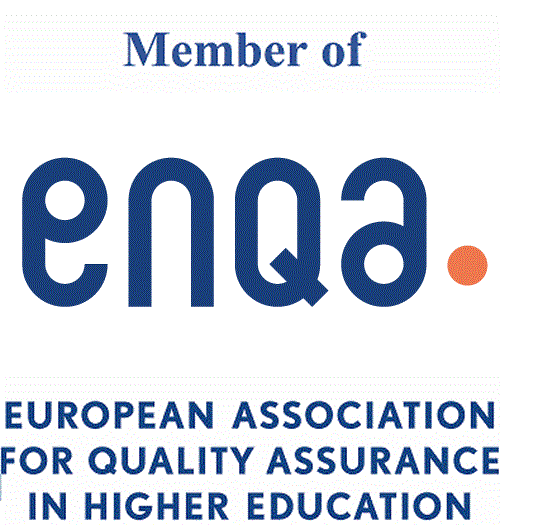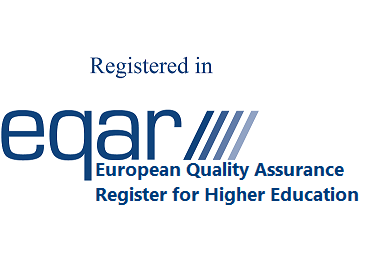On December 6, as part of ANQA’s 15th anniversary festivities, the VET conference "Economic growth through Skill Development" took place. The event provided a unique platform to bring together representatives of the state, the labour market, VET institutions and stakeholders to discuss good practices and challenges in capacity building.
As part of the panel discussion "Measuring the Economic Impact of Skilled Workforce: Case Studies and Best Practices”, the representatives from VET institutions and employers attached importance to:
- the use of micro-credentials, which will contribute to the continuous development of the workforce and the acquisition of skills essential for the employer;
- basic knowledge combined with skills is the key to further professional development;
- widespread adoption of dual education, integrating both theoretical and practical knowledge, with the educational process conducted in the employer's environment.
- the presence of support mechanisms for students in their respective professions, which will enable them to stay connected to the working environment, combining work and education.
- finding of mutually beneficial ways of cooperation between VET institutions and employers.
- the formation of a climate of trust between VET institutions and employers, facilitating investment in the VET institutions for the development of a skilled workforce.
- the clarification of the labour market requirements presented to the specialist and introduction of sector-specific criteria by employers.
The participants of the panel discussion were:
- Davit Grigoryan, director of Sevan’s Tesvan LLC;
- Hasmik Matevosyan, deputy director for educational activities at Sevan Multifunctional State College;
- Vladimir Bagratuni, employer teacher at the Department of Installation, Repair and Maintenance of Renewable Energy Power Plants" of Gyumri State Vocational School No. 4;
- Amalya Adamyan, director of Shirak Regional State College.
The panel discussion was moderated by Varduhi Gyulazyan, head of ANQA’s Institutional and Programme Accreditation Division.




